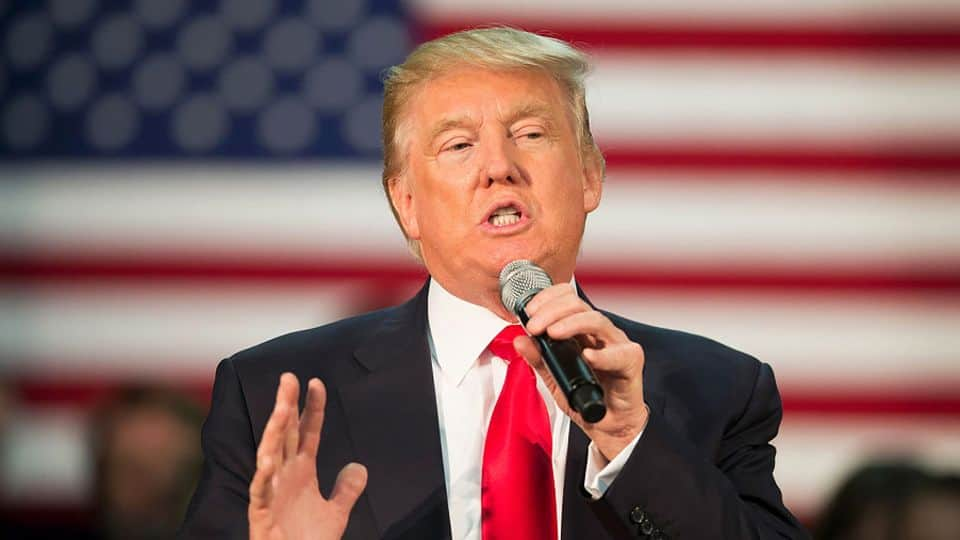
Indian firms to be hit after new H-1B visa rules
What's the story
US President Donald Trump's administration announced new H-1B visa rules, ahead of the filing season, expected from April 2. The new rules would make it tough for firms to issue H-1B visas to those employed at third-party work-sites. This will affect Indian IT companies, which have several employees deployed at such work-sites. American banking, travel and commercial services depend on these Indian-IT workers to get their job done.
About
What is the H-1B visa programme?
The H-1B visa programme offers temporary US visas that allow companies to employ skilled professionals. This is especially when there is shortage of qualified American workers in that field. Indian techies have been the major beneficiaries of this programme. However, Trump wants to protect US workers' interests and these steps are part of his "Buy American and Hire American Executive Order" directive.
New rules
So, why are the new rules tougher?
Under new rules, a company will have to furnish the absolute necessity of the H-1B applicant for a "speciality occupation." They will have to assure that the H-1B beneficiary has been hired for a specific assignment that will last for a stipulated time-period specified in the petition. Further, the employer has to declare that they will have a strict employer-employee relationship with the visa-holder.
Extensions
Extensions get tougher, especially for "benched employees"
Further, ditching the practice of issuing H-1B visas for three years, the new visas could be for lesser period of time. Also, sometimes American companies end an employee's contract abruptly. These workers, who temporarily don't have work, are termed "benched employees." They hold H-1B visas but aren't paid. US officials said this is illegal and abuses the system. Visa extension for such employees would now be tough.
Details
What about beneficiaries placed at other third-party work sites?
Besides, there are stringent rules for a company applying to extend the H-1B employment for a beneficiary placed at one or more third-party work sites. If the beneficiary's past employment is with the same employer, then it should be proved that all H-1B requirements were met for the earlier approval period. But, if these conditions aren't met, it risks the beneficiary's visa.
Paperwork
Moreover, companies hiring employees for third-party sites face intensive paper-work
Additionally, companies seeking H-1B visas for employees at third-party sites face intensive paperwork during applications. They need to give evidence of the work assignments, including technical documents, cost-benefit analysis, etc. Further, detailed description of the beneficiary's special duties, duration, salary, hours worked, benefits, supervisor's details will have to be furnished. So, will Indian employees from TCS, Infosys, etc. have to pack their bags?